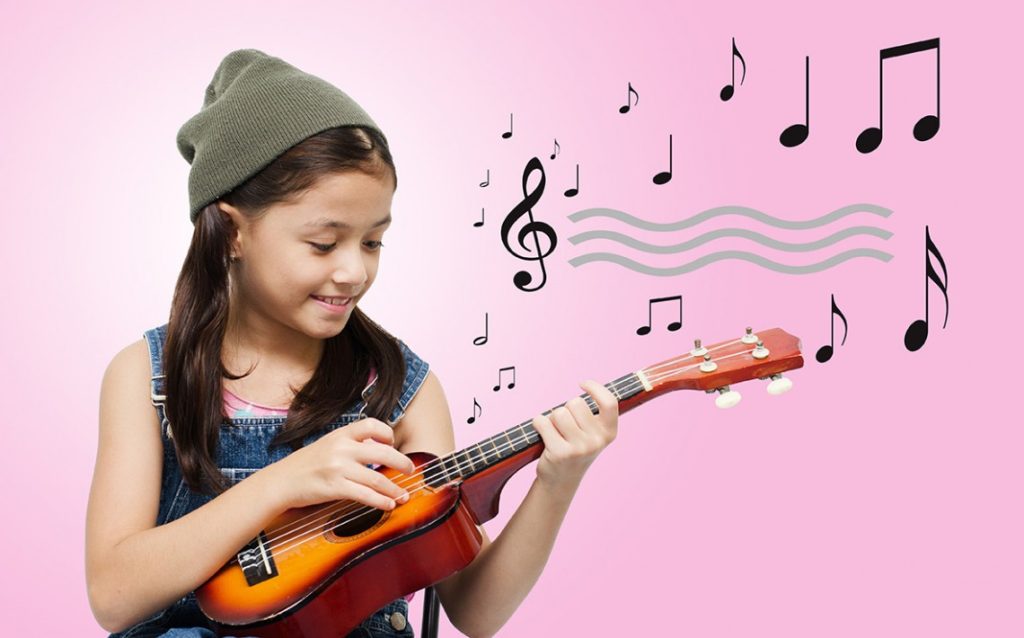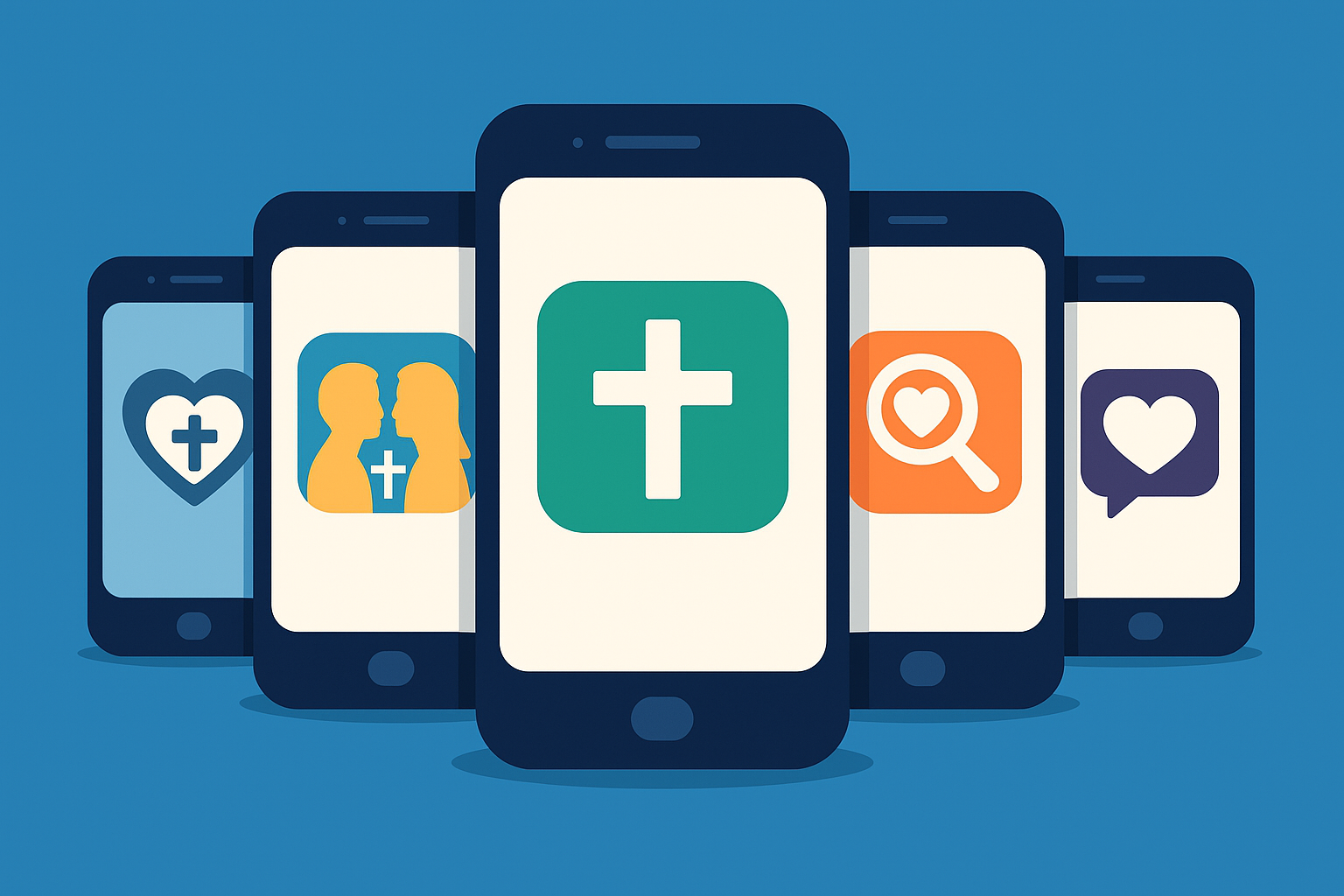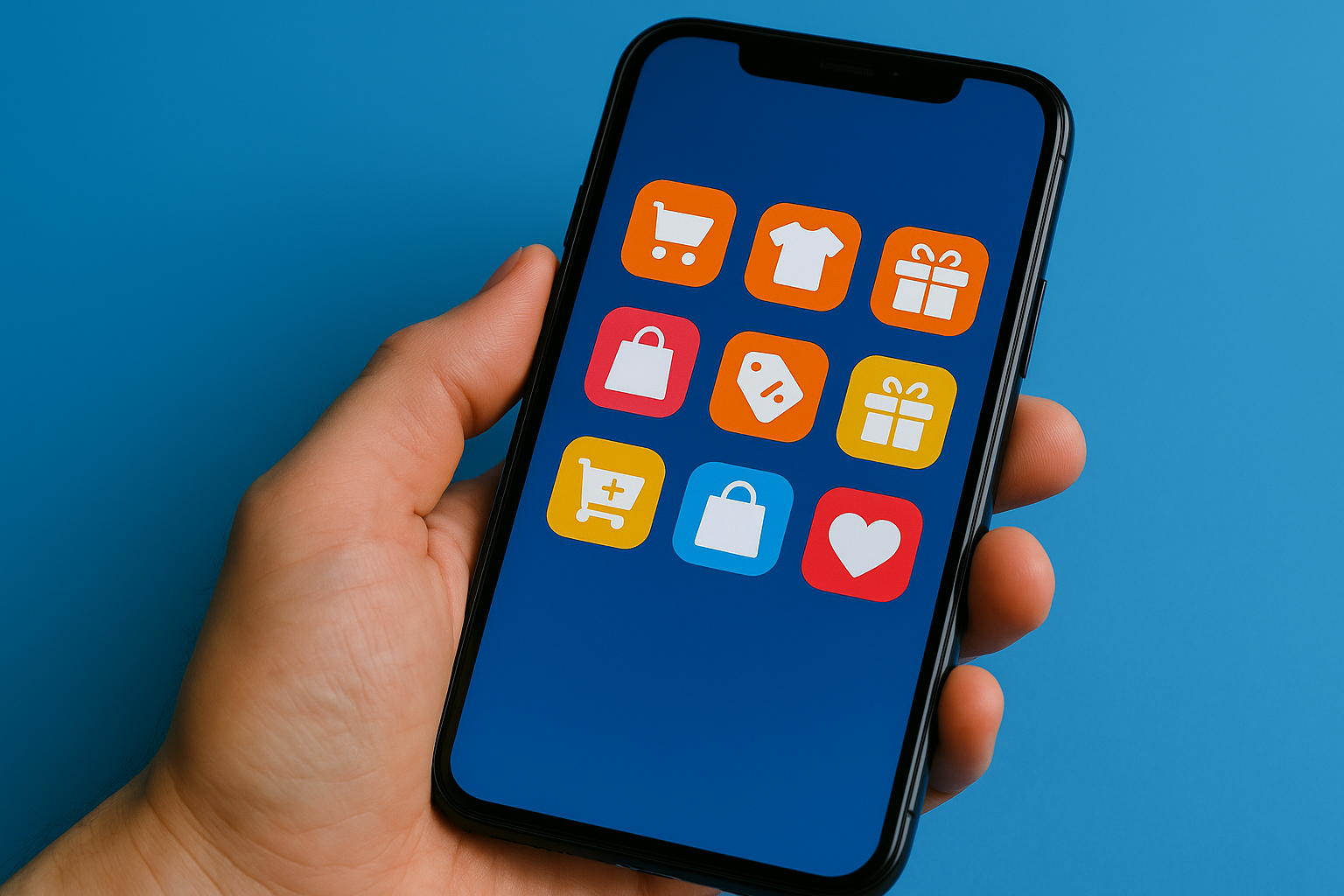A importance of music education in schools is a topic that is gaining more and more relevance in the modern educational scenario. In addition to stimulating creativity, music contributes to the cognitive and emotional development of students. In this context, the use of music apps for education emerges as a powerful tool to enrich learning. These digital resources allow teachers and students to explore new ways of interacting with musical content, making classes more dynamic and engaging.
On the other hand, technology has transformed the way music education is conducted. With the advancement of mobile devices, digital platforms for music lessons are becoming indispensable in the school environment. In addition, gamification in music education, through educational music apps for kids , has shown positive results in student engagement. Thus, it is clear that the integration of music apps can revolutionize traditional teaching.
How Music Apps Are Transforming School Education
You best music apps for teachers have stood out as allies in the teaching-learning process. These applications offer innovative resources, such as interactive exercises, digital scores and even real-time monitoring. In addition, technology in school music education allows students to practice at home, reinforcing what was learned in the classroom. This way, teachers can explore new methodologies and personalize teaching according to the needs of each class.
Yousician: The App That Gamifies Musical Learning
Yousician is one of the music apps for education Yousician is one of the most popular apps today. It uses gamification to make learning instruments like the guitar, piano, and bass more fun. Students can download the basic version of the app for free from the PlayStore or AppStore, allowing them to start practicing without any additional costs. In addition, Yousician provides real-time feedback, helping students correct mistakes as they play.
In addition to being a valuable resource for schools, Yousician is also ideal for individual use. Its exercises are organized into levels, ensuring that the student progresses gradually. With features such as an integrated metronome and music library, the app becomes a complete tool for musical development. Therefore, it is an excellent option for those looking for technological innovation in music teaching .
Simply Piano: Learn Piano Intuitively
Simply Piano is another example of educational music app for kids that has been gaining ground in schools. Available for download on the PlayStore, the app offers interactive lessons that teach everything from basic concepts to advanced piano techniques. In addition, its intuitive interface makes it easy to use for students of all ages, making it accessible even for beginners.
One of the main advantages of Simply Piano is its ability to adapt the content to the user's learning pace. By connecting the device to the piano or keyboard, the app recognizes the notes played and provides instant guidance. This not only improves accuracy but also increases student motivation. In this way, Simply Piano stands out as a practical solution for online music education for schools .
Soundtrap: Create Collaborative Music Online
Soundtrap is a digital platform that allows you to create and edit music directly in your browser or through a mobile app. Ideal for collaborative projects, it is widely used by teachers who want to introduce their students to musical composition. To start using it, simply download it for free from the PlayStore or visit the official website. The app offers a wide variety of loops, virtual instruments and sound effects.
Additionally, Soundtrap promotes interaction between students, as they can work together in real time, even when they are in different locations. This feature is especially useful in schools that adopt hybrid teaching models. As a result, the app becomes an essential tool for gamified music education on mobile , encouraging creativity and teamwork.
Features of Music Education Apps
The apps mentioned above share features that make them ideal for use in schools. These include real-time feedback, gamification, and the ability to customize content. In addition, many of these apps offer free or trial versions, allowing institutions to try it out before investing. These features make apps a practical and affordable solution for child development with music apps .

Conclusion
In short, the importance of music education in schools is intrinsically linked to the adoption of innovative technologies. Apps such as Yousician, Simply Piano and Soundtrap are examples of how technology can transform music education, making it more accessible and engaging. We encourage readers to explore these tools and download the apps mentioned to experience their benefits. This will help provide a richer and more meaningful educational experience for students.





